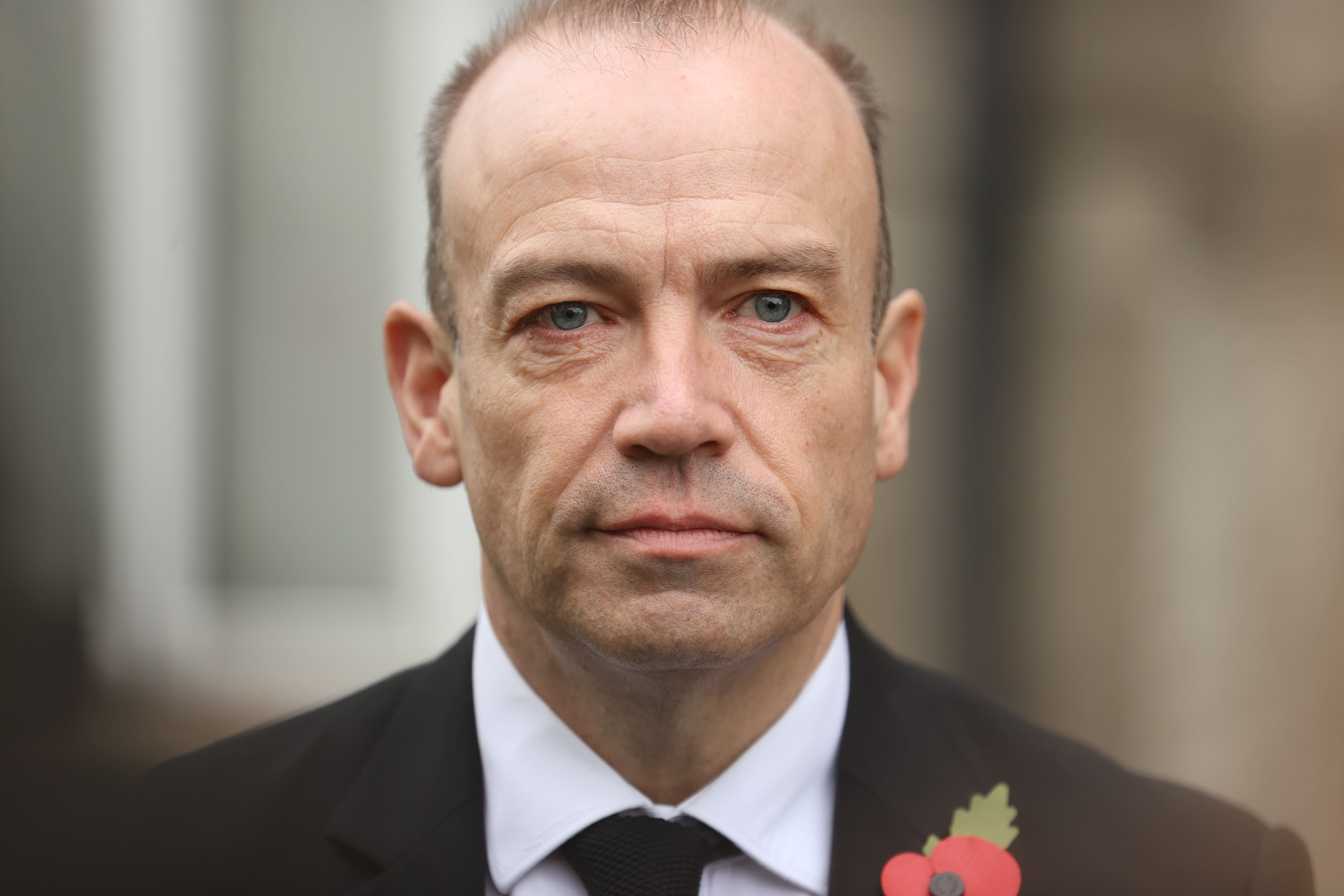Legislation introduced to push back deadline to form a Stormont Executive
It will also allow for MLA salaries to be cut by around a third while the Assembly is unable to sit.

Legislation has been introduced at Westminster to push back the deadline by which a Northern Ireland Executive must be formed.
The Northern Ireland (Executive Formation etc) Bill also sees MLA salaries slashed by about a third while the Assembly is unable to conduct business, and take “limited but necessary steps” to maintain public services.
The draft legislation was introduced to the House of Commons on Monday evening; Northern Ireland Secretary Chris Heaton-Harris was not present in the chamber.
The second reading of the bill will be held on Tuesday.
It comes as the Stormont parties failed to establish a new Executive by October 28, some 24 weeks after the last Assembly election in May.
That placed a legal responsibility on the UK Government to hold a fresh Assembly election by January 19.
However, Mr Heaton-Harris ruled out a December election and has instead brought forward legislation to extend the deadline.
The new legislation would extend the period for executive formation by six weeks to December 8, with the possibility of a further six-week extension to January 19.
Meanwhile, the Bill also clarifies the decision-making powers for civil servants leading departments in the absence of ministers.
It also enables a small number of vital public service appointments to be made and enable the regional rate for 2023/24 to be set should an executive not be in place to do so.
A DUP boycott of the devolved institutions, in protest at Brexit’s Northern Ireland Protocol, has prevented an executive being formed in Belfast.
The region’s largest unionist party has made clear it will not countenance a return to powersharing until the protocol’s economic barriers on trade between Great Britain and Northern Ireland are scrapped.
Talks are ongoing between the UK and EU over the protocol while a Bill to over-ride elements of the protocol is currently going through the parliamentary process.
Speaking ahead of the introduction of the Bill, Mr Heaton-Harris urged the Stormont parties to “come together”.
“I urge the Northern Ireland parties to use this extended time to come together and deliver for the interests of all people in Northern Ireland, particularly in this time of rising costs,” he said.
The Government’s priority is to see politicians elected to return to fulfil their roles in a strong, devolved and locally accountable government
“At present, MLAs are not in a position to fulfil the full range of their duties, so it is right that we take steps to reduce their salaries, especially in the current economic climate and in view of the £660 million black hole in the public finances created by poor decisions made by outgoing ministers.
“Furthermore, Northern Ireland’s people are being denied full democratic representation.
“The Government’s priority is to see politicians elected to return to fulfil their roles in a strong, devolved and locally accountable Government, as laid out by the Belfast (Good Friday) Agreement.”